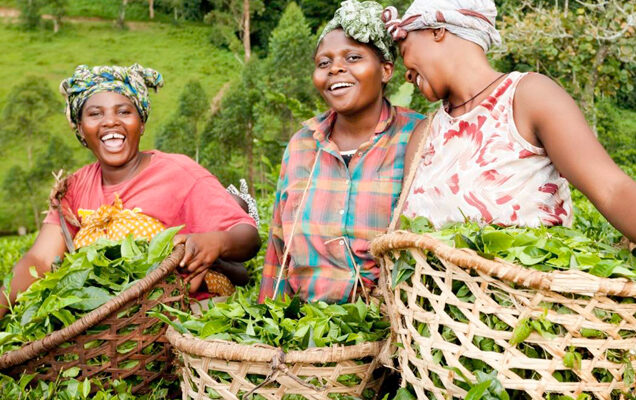Zambia is among the beneficiaries of a new special fund to support Africa’s Small and Medium-Sized Enterprises (SMEs) in the agriculture sector.
This has been established by the African Development Bank Group (AfDB) and the Canadian government.
The Agri-food SME Catalytic Financing Mechanism aims to catalyse and de-risk investment for agriculture SMEs, as well as strengthen agricultural value chains and improve food security across the continent.
Canada has contributed US$73.5 million to fund the mechanism, which is hosted by the AfDB.
The Agri-food SME Catalytic Financing Mechanism will add to the Bank Group Affirmative Finance Action for Women in Africa’s (AFAWA) goal of closing the US$42 billion access to finance gap for women-led SMEs and to accelerate their growth.
Read more: AfDB gets Zambia’s agriculture transformation roadmap
The mechanism will help unlock opportunities for these businesses in Africa, particularly for women and youth, says Bank’s Vice President for Agriculture, Human and Social Development Beth Dunford in a statement issued on Thursday.
“At the Africa Food Summit, we have seen a strong commitment to addressing the financing gap for SMEs and creating an environment that encourages private sector investments in climate-smart, gender-oriented agricultural solutions,” Dunford said.
The Mechanism represents the Bank’s first blended financing facility to specifically target SMEs operating across the agricultural value chain.
It mobilises public funds to de-risk agricultural financing, crowds in support to make SMEs more bankable, and collaborates with providers of capital to make banks more ‘agriculture-friendly.’
Parliamentary Secretary to Canada’s Minister of International Development Anita Vandenbeld said the best way to build up food security in Africa was to work with SME agriculture and food businesses.
“Through a shared commitment between Canada and the African Development Bank, the Agri-food SME Catalytic Financing Mechanism will advance resilient growth and climate adaptation.
“It will also help African SMEs to pursue climate smart models, and support women by shifting attitudes that perpetuate gender gaps in financial inclusion,” Vandenbeld said.
The mechanism will provide concessional finance and technical assistance to financial intermediaries including agribusinesses, micro-finance institutions and impact funds.
The finance and assistance aim to enable the intermediaries to make loans to agri-SMEs working with women, and businesses that build resilience to climate change.












Comments